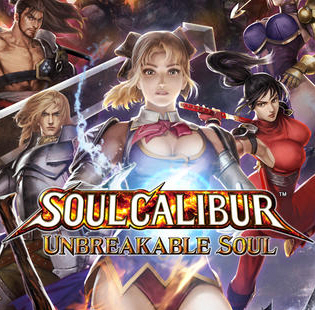
Best iOS apps this week
Eighteenth in a series. New and updated releases this week include a Vine-style video sharing app with filters, an animated story creator from Adobe, new games set in the Warhammer 40k and Soulcalibur worlds, a social network for dog owners, a fitness app that promises to "lift your butt" and an endless runner that gives you the chance to watch your friends being trampled by bulls.
As always, if I miss an app that you think should definitely have been included, let me know in the comments below, or drop me an email.

The scale of Windows 8.x’s failure is staggering
Once a month I report on the desktop operating system market share using data from NetMarketShare. The changes in fortune between the different flavors of Windows is usually fairly minimal -- a percentage point gained here, a percentage point lost there. And usually the rise or fall is a lot less than one percent, although as a month is quite a small time scale to measure market share changes over, and we’re talking about millions and millions of Windows users, that’s to be expected.
I decided, out of curiosity, to take a look at what a year’s worth of market share variations would look like, using StatCounter’s Global Stats, and the results were less than thrilling, with the different operating systems showing very little change. In May 2013, Windows 7 had 56.27 percent. 12 months later it is on 55.03 percent. A drop of just 1.24 percent. Windows XP fell 6.73 percent, while Windows 8.x grew 8.16 percent. The pattern is clear -- Windows 8.x sales look to be coming from upgrades (mainly XP) but people are mostly sticking with their older operating systems. Open up the time scale however, and a more dramatic -- and damning -- picture emerges.
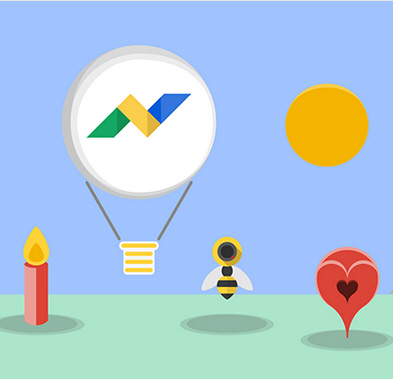
Google Nest -- not real, but it could be
Google acquired smart hardware company Nest Labs at the beginning of the year as part of its move into the home. The Internet of Things is set to be big in the coming years, and Google inevitably wants a slice of that pie.
A new site, Google Nest, has been launched that showcases a number of new Google products created off the back of that purchase, and which are "for living life on the web with ease and comfort" while at the same time restoring "confidence in the opportunities the internet offers". The new products are Google Trust, Google Hug, Google Bee and Google Bye. It all looks very convincing, but it’s actually a parody site set up to take a well-aimed shot at Google’s sometimes questionable policies and practices.
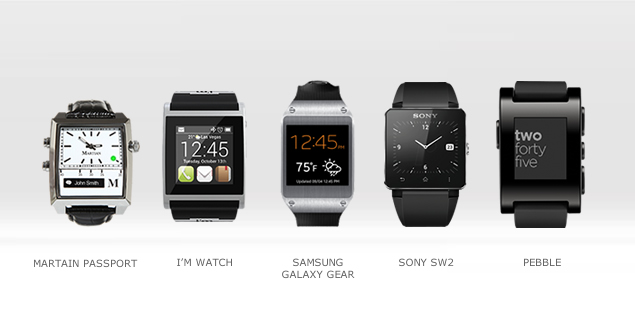
Smartwatches are not so smart after all -- the top problems users consistently face
Love them or hate them, wearables are the future. Although right now the technology seems mostly limited to smartwatches. Take a look at Amazon’s new wearable tech store, and it’s clear watches (and fitness bands) are by far the most popular type of wearable being developed and sold at the moment.
However, just because a growing number of smartwatches are available to buy now, doesn’t mean they’re ready for the big time. In fact, a new report from Fixya suggests quite the opposite, with the popular product Q&A service highlighting consistent problems across all of the smartwatch brands.

Analogue Nt -- A luxury NES made from a solid block of aluminum
The Nintendo Entertainment System was the best console of its day and I still have very fond memories of playing classic games like Metroid, Mike Tyson’s Punch-Out and -- of course -- Super Mario Bros 3.
If you’re hankering after a little old school NES action, but scaled up to a more modern 1080p, Analogue Interactive’s Analogue Nt could be just what you’re looking for. It’s the original NES guts (Ricoh 20A3 CPU and Ricoh 2C02 PPU) packaged into a single, stylishly crafted solid block of 6061 aluminum. The result is a lovely modern, yet thoroughly retro, console.
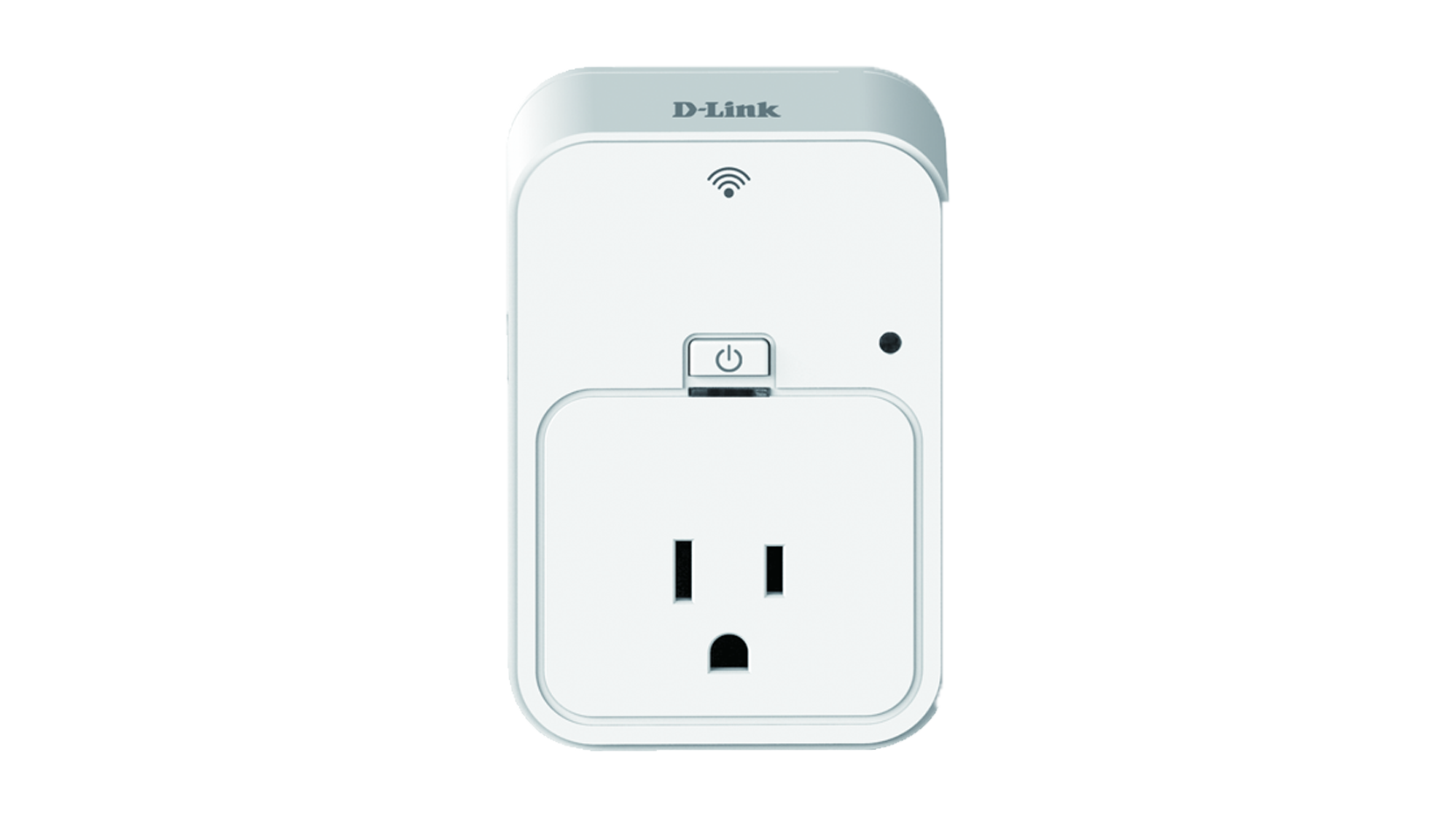
Control everyday household electronic devices with the D-Link Wi-Fi Smart Plug
There are all sorts of home electronic devices that you can connect to the internet and control with an app -- including smart lights, intelligent thermostats and smoke detectors. But what if you don’t want to spend a fortune replacing your old devices?
D-Link’s new Wi-Fi Smart Plug (DSP-W215) solves that problem. You plug it into a spare socket in your home, connect any electrical device to it, and then use the free mydlink app for iOS and Android to monitor and control the item. Devices can be turned on and off remotely, you can set power on/off schedules, and monitor your home energy usage. The Wi-Fi Smart Plug also comes with a built-in thermal sensor that will detect when a connected device gets too hot, and automatically turn it off.

Best iOS apps this week
Seventeenth in a series. Microsoft updated its Office for iPad apps this week, adding some welcome new features, including the most requested of them all -- the ability to print documents. This is a feature that should really have been included from the start, but at least it’s in there now.
New releases this week include standalone apps for Google Docs and Sheets, the first in a series of new Star Wars themed story apps from Disney, a clever app that pulls high quality photos straight from your videos, a SpongeBob SquarePants version of Doodle Jump, and one of the best note taking apps I’ve ever used (and no, it’s not Microsoft OneNote -- although the iPhone version of that was also updated this week).
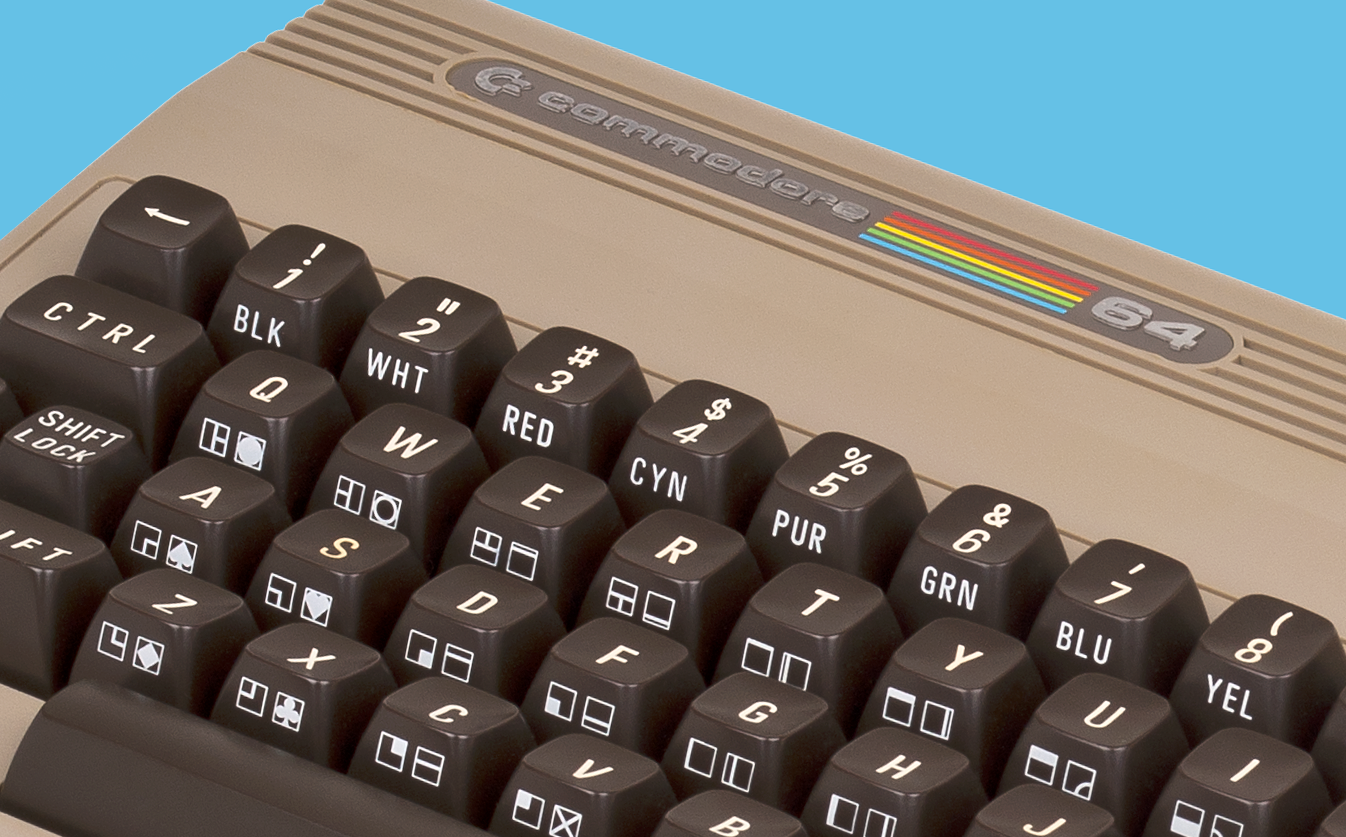
10 PRINT "Hello 50 years of BASIC"; 20 GOTO 10
On May 1, 1964, Professor John Kemeny ran the first BASIC (Beginner's All-purpose Symbolic Instruction Code) program from a timesharing terminal at Dartmouth College, in Hanover, New Hampshire. Created by Kemeny and Professor Thomas Kurtz, BASIC was designed to make it easier for students to use computers.
BASIC enjoyed huge popularity in the mid-late 1970s and 1980s, and anyone over a certain age will likely have learned to program on a microcomputer using it. I certainly did. My first computer was a ZX81 from Sinclair Research. It’s a name people in the UK will recognize instantly but will mean nothing to most outside of the British Isles (it was released -- in a slightly modified form -- as the Timex Sinclair 1000 in the United States). To use it, you had to master Sinclair BASIC and that was my first experience with what initially seemed like an alien language.

Shocker! Windows 8.1 actually shows strong growth
I say "shocker", but with all the cards stacked in its favor -- XP users forced to look for a new OS, Windows 7 being pretty hard to get hold of, and an update designed to make Windows 8.1 more appealing to keyboard and mouse users -- if Windows 8.1 hadn’t grown market share in April then it would have been pretty much game over for the tiled OS.
Even with all that in its favor, according to NetMarketShare’s monthly Desktop OS sampling, Windows 8.x still had some stiff competition from Windows 7 which also packed on market share, taking the shine off the new OS’s achievements.
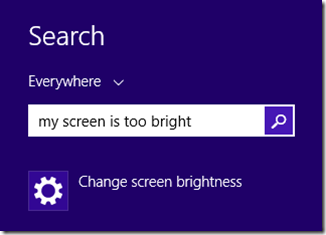
Searches in Windows 8.1 just got smarter
One of the things I like best about Windows 8.1 is the Smart Search feature. Powered by Bing, it lets you look for anything -- a program or app installed on your computer, a file stored on your hard drive or in the cloud, or a website. You open up the Start or Apps screen, and just start typing (or you can use the new Search button which was introduced with Windows 8.1 Update) and then choose the relevant result.
I have no complaints about it (although I still use Google for most of my web searches), but today Microsoft is making the Smart Search feature a whole lot more powerful with natural language understanding so you can search for something, even if you’re not sure exactly what it is you’re looking for.
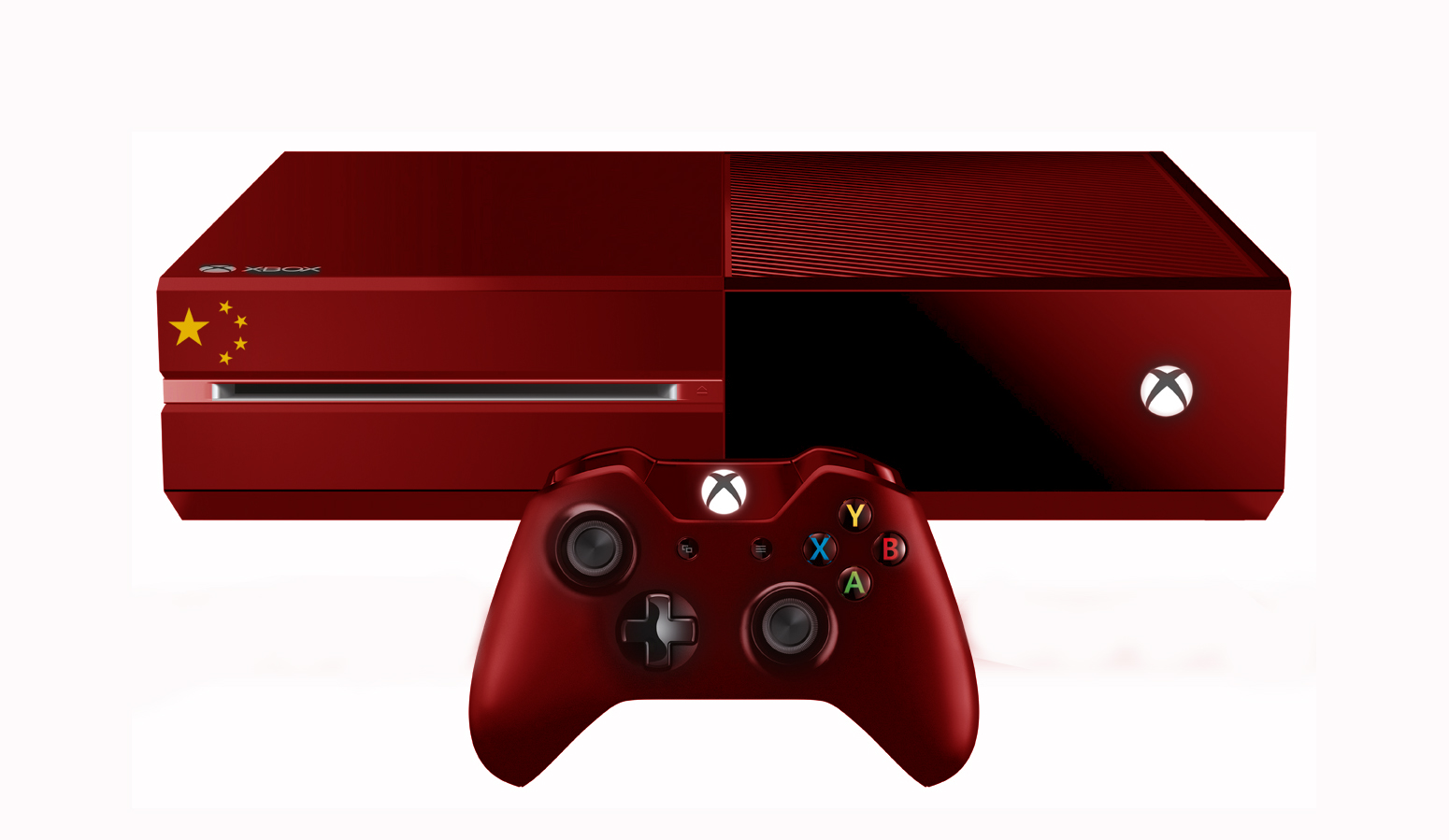
A potential game changer: Xbox One set to launch in China
Since launch, Sony’s PlayStation 4 has easily outsold Microsoft’s rival console, and even beat Sony’s own sales projections. That the Japanese console is available in more territories than its American rival is one important part of the reason for this success.
Now Microsoft is hoping to fight back by bringing the Xbox One to China in September. The all-in-one games and entertainment system will be the first of its kind to launch in the country, and the first foreign games console since China lifted a 14-year old ban on such devices in January.

Microsoft's Office for iPad now lets you print documents
Microsoft’s new Office for iPad apps are very good, and hugely popular. A month after release and Word is still the number one free app in the App Store, with Excel sitting at number 8, and PowerPoint at number 16. If you own an iPad, and are an Office 365 subscriber, they’re pretty much essential downloads.
At launch we were promised additional features were on their way, and today Microsoft introduces the most requested one –- the ability to print Word documents, Excel spreadsheets, and PowerPoint presentations.

Amazon launches new Wearable Technology store
Wearable technology has yet to really make an impact, but its time is coming. There are more and more products being released by many of the world's top tech firms, and shows focusing on wearables are popping up across the globe.
Amazon today joins in the wearables craze by launching a one-stop shop where customers can find and buy the latest in wearable technology, including activity trackers, smart watches, and wearable cameras. There are products on offer from the likes of Samsung, Jawbone, GoPro, Basis, and Misfit.

Serious vulnerability affects all versions of Internet Explorer -- XP users especially at risk
In a security alert released over the weekend, Microsoft warns of a serious vulnerability in Internet Explorer that could allow hackers to remotely take over a computer.
The vulnerability makes it possible to execute code remotely and affects Internet Explorer 6 through 11, which is around a quarter of the web browser market. XP users, who no longer receive security updates from Microsoft, are going to be the most at risk from this flaw. If you know someone still on the aging OS, now is the time to give them another nudge to switch to a newer, and safer, choice.
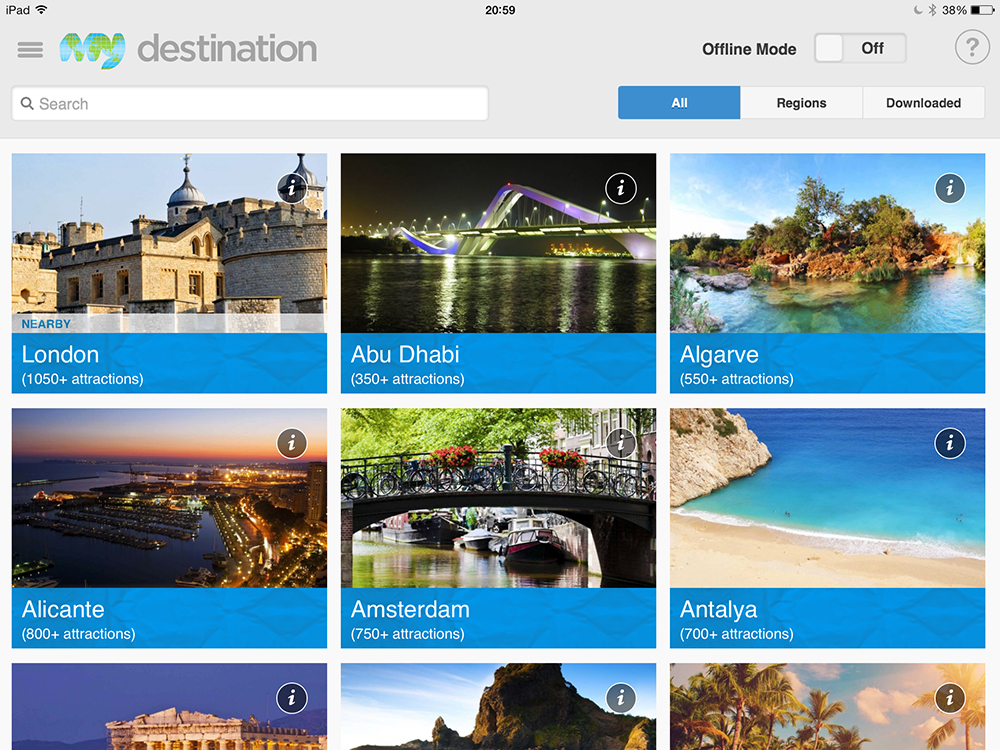
Best iOS apps this week
Sixteenth in a series. Apple reported its second quarter results this week, and they beat analyst expectations with the iPhone doing especially well. Apple shipped 4.14 million Macs, 16.35 million iPads and 43.72 million iPhones during the quarter. iPhone sales grew by 16.8 percent while iPad sales declined by 15.9 percent. Although the iPad’s slump looks very bad in the quarter you have to remember Apple struggled to meet holiday demand the previous year, leading to an inflated number of shipments in the March 2013 quarter.
New and updated apps worthy of your attention this week include a Sonic racing game, a "ridiculous animal simulator", an activity tracker, a travel app for iPad, a world-time clock, and an alternative to Fruit Ninja with better graphics.

